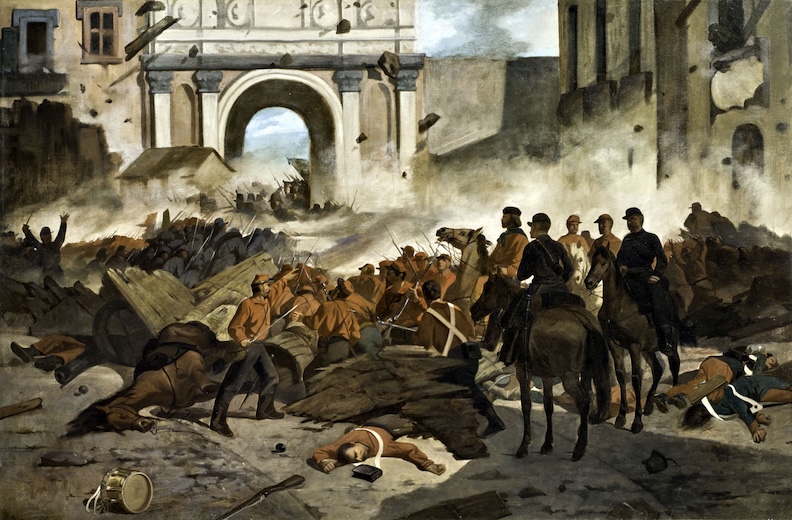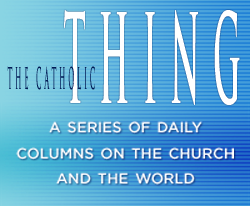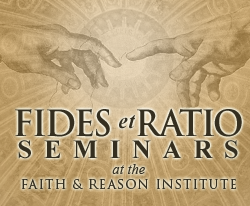The Seed Beneath the Snow
Written by Robert Royal
Monday, May 5, 2025
I have a confession to make: the past dozen years ruined Rome for me. And it’s my own fault. I suppose it was inevitable that someone who got drawn into the multitudinous labors of the Papal Posse would begin to feel that Rome itself had become an unpleasant task. All the controversy and confusion started to eclipse “the grandeur and the glory.” But Rome has a way of surviving everything that threatens to obliterate it. And I expect that this week’s Conclave will demonstrate once again, above and beyond all personal and passing episodes, that indestructible, historical truth.
Rome is a city that doesn’t so much see history pass through as it accumulates much of what’s important to our race. As Chesterton noticed when he visited here in 1929, people talk about the City founded on seven hills but forget that it, therefore, also has seven valleys that have become an “inexhaustible store of superimposed cultures and closely packed secrets of the past ; the sense of a place being mined for all the gold of human and divine glories ; brought up for ever out of an abyss of abundance, the depth and the richness of Rome.”
This makes it the scene of both endless endings and boundless beginnings. The prospect of what may come after the dozen Francis years and in the years and centuries to come has gotten me thinking about my own long (humanly speaking) relationship to this city. In 1978, I spent a year – mostly idling, though with intent – on scholarship in Florence. But it was also the year that Pope Paul VI died, and we saw his funeral – as well as the election of two subsequent popes, John Paul I and, more consequentially, John Paul II. It was also the year that Ignazio Silone, a forgotten but seminal and internationally award-winning Italian writer, passed on to his own reward.












